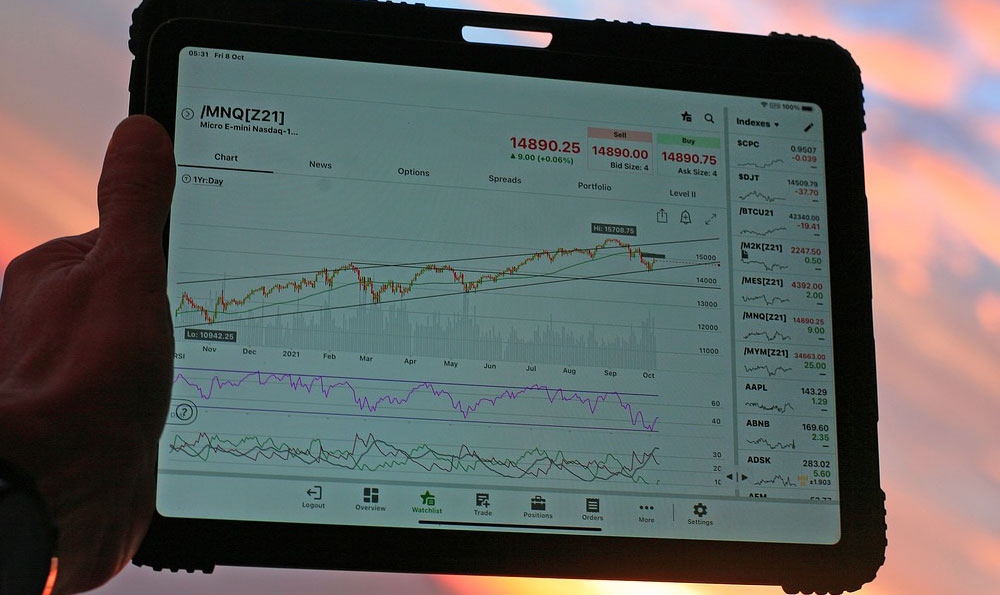Gold has captivated investors for centuries, serving as a store of value, a hedge against inflation, and a safe-haven asset during economic uncertainty. In today's volatile market landscape, the allure of gold as an investment remains strong. However, navigating the complexities of gold investing requires careful consideration and a well-defined strategy. Understanding the various avenues for investing in gold and how to get started is crucial for making informed decisions that align with your financial goals and risk tolerance.
One of the most straightforward ways to invest in gold is through physical gold. This includes gold bullion, such as bars and coins. Bullion offers tangible ownership and can be a good option for those seeking direct exposure to the metal's price fluctuations. Investing in physical gold demands secure storage solutions. Many investors opt for home safes, which requires taking on the responsibility for safekeeping the asset. Banks and specialized vaulting services offer secure storage options for physical gold, often at a recurring fee.
When buying physical gold, it is crucial to purchase from reputable dealers. Doing so reduces the risk of acquiring counterfeit or substandard products. Premiums are often applied to the spot price of gold when purchasing physical bullion. These premiums cover the costs of manufacturing, distribution, and dealer markups. Investors should carefully compare prices from different dealers to ensure they are getting a fair deal.

Another popular avenue for gold investment is through gold ETFs (Exchange Traded Funds). These funds track the price of gold and allow investors to gain exposure without directly owning the physical metal. Gold ETFs are typically more liquid than physical gold, making them easier to buy and sell. They also tend to have lower storage costs and premiums compared to physical gold. Several types of gold ETFs exist, including those that hold physical gold in vaults and those that invest in gold mining companies. Investors should carefully research the underlying holdings and investment strategies of different ETFs before investing.
Investing in gold mining stocks offers exposure to the gold market indirectly. These companies explore, develop, and produce gold. The performance of gold mining stocks is influenced by several factors, including the price of gold, the company's production costs, and its operational efficiency. Gold mining stocks can potentially offer higher returns than physical gold or gold ETFs during periods of rising gold prices. However, they also come with higher risks, including operational challenges, regulatory uncertainties, and geopolitical risks.
For those seeking a blend of gold and other precious metals, investing in precious metal mutual funds can be an appealing choice. These funds typically invest in a diversified portfolio of gold, silver, platinum, and other precious metals. Precious metal mutual funds offer diversification and professional management, making them suitable for investors who prefer a hands-off approach. However, they also come with management fees and expense ratios that can impact returns. Investors should carefully review the fund's prospectus and investment strategy before investing.
Before embarking on any gold investment, it is essential to assess your risk tolerance and financial goals. Gold is generally considered a volatile asset, and its price can fluctuate significantly in response to economic and geopolitical events. Investors with a low-risk tolerance may prefer a smaller allocation to gold, while those with a higher-risk tolerance may consider a larger allocation. Determining your investment timeline is also important. If you have a short-term investment horizon, gold may not be the most suitable asset. However, for long-term investors, gold can serve as a valuable diversifier and a hedge against inflation.
Diversification is a cornerstone of sound investment strategy, and gold can play a crucial role in diversifying your portfolio. By allocating a portion of your assets to gold, you can potentially reduce the overall risk of your portfolio and improve its long-term performance. Gold tends to perform well during periods of economic uncertainty or market downturns when other assets may struggle. It is crucial to remember that gold should only constitute a part of a well-diversified portfolio.
Conducting thorough research is paramount before making any gold investment decisions. Stay informed about the factors that influence gold prices, such as inflation, interest rates, geopolitical events, and currency movements. Read financial news, analyze market trends, and consult with financial advisors to gain a comprehensive understanding of the gold market. It is also important to research the specific investment products you are considering, whether it is physical gold, gold ETFs, gold mining stocks, or precious metal mutual funds.
As with any investment, it is important to monitor your gold investments regularly and adjust your strategy as needed. Keep track of the performance of your gold holdings and compare them to your overall investment goals. If your risk tolerance or financial circumstances change, you may need to rebalance your portfolio and adjust your gold allocation accordingly. Remember that gold investing is a long-term game, and it is important to stay patient and avoid making emotional decisions based on short-term market fluctuations.
Investing in gold can be a prudent strategy for diversifying your portfolio, hedging against inflation, and preserving wealth. However, it is essential to approach gold investing with caution, conduct thorough research, and understand the risks involved. By carefully considering your risk tolerance, financial goals, and investment timeline, you can make informed decisions that align with your individual needs and help you achieve your financial objectives. Remember to consult with a qualified financial advisor before making any investment decisions. Their expertise can provide personalized guidance and help you navigate the complexities of the gold market with confidence.












